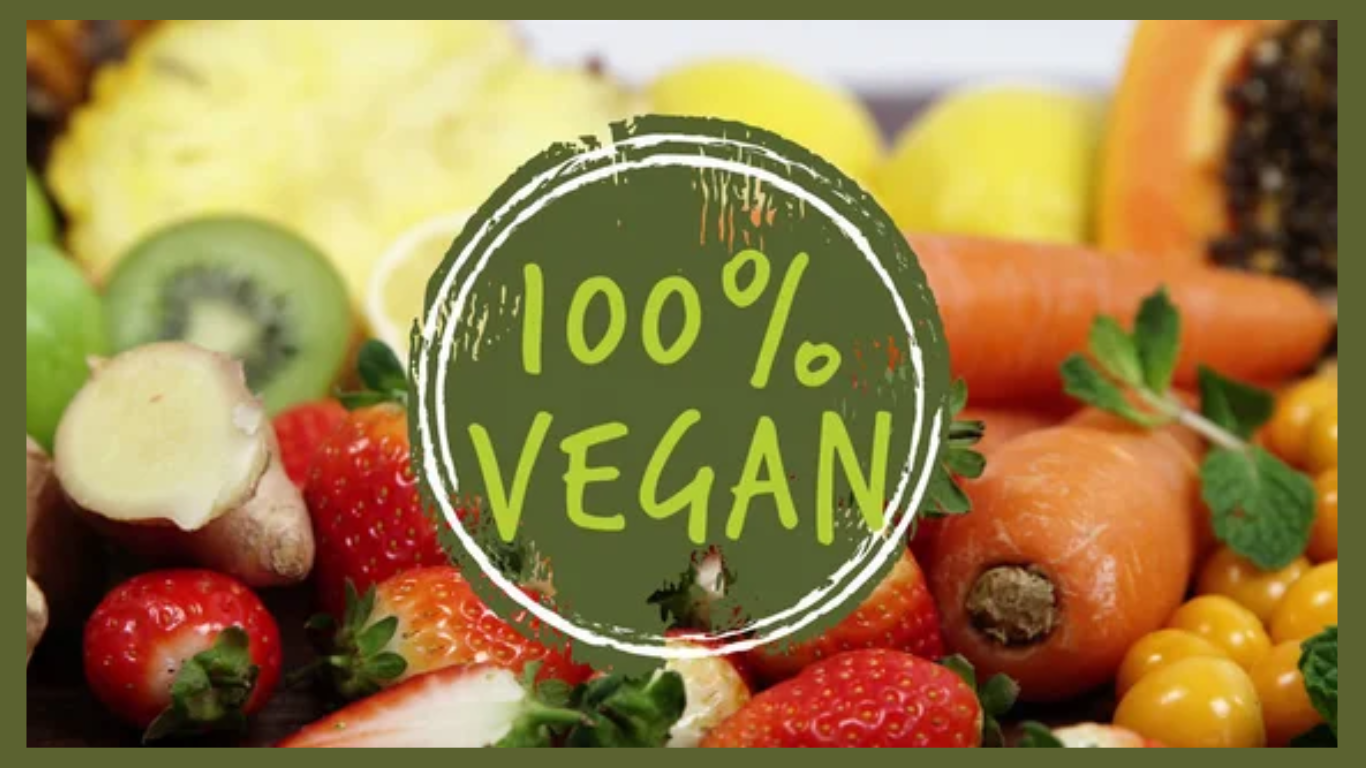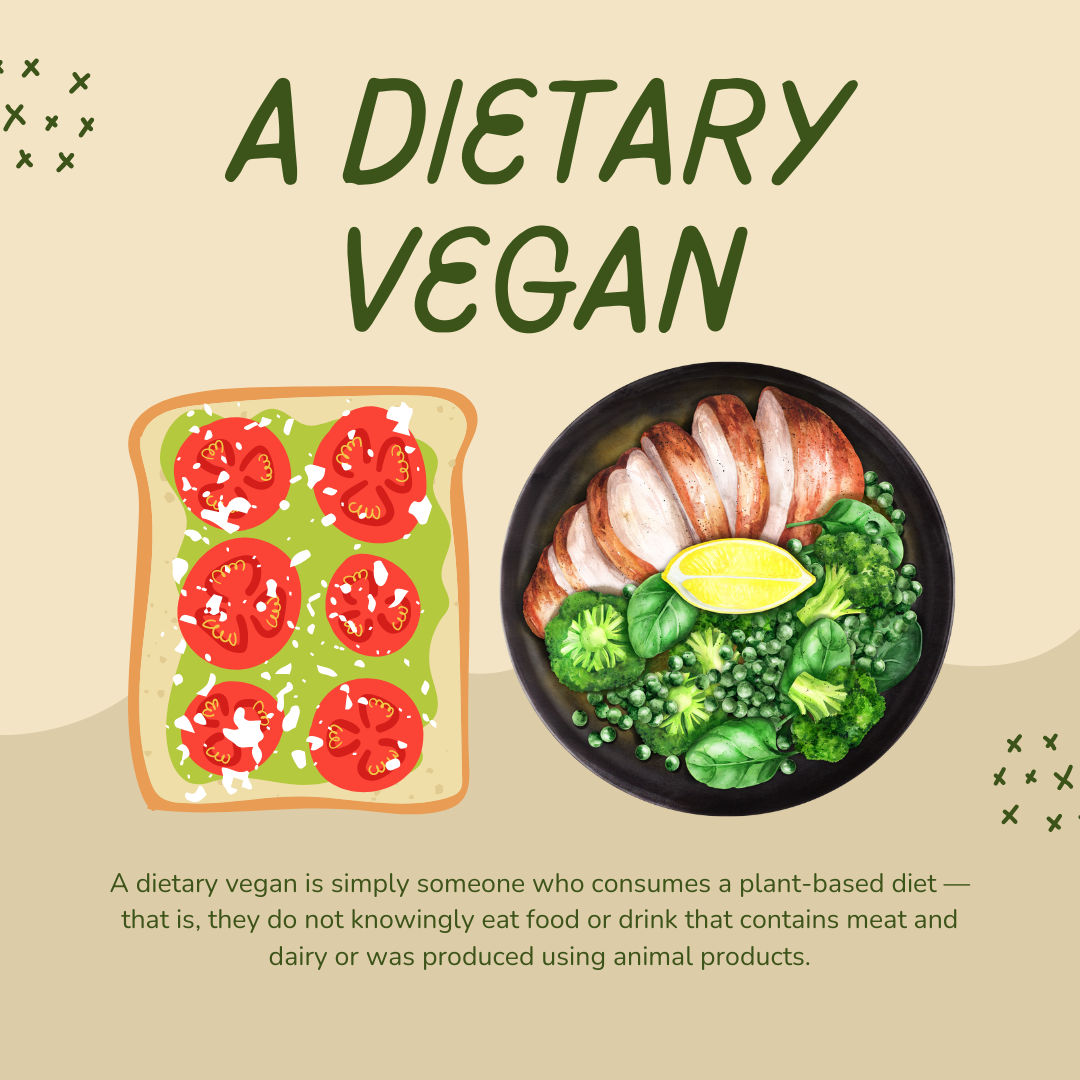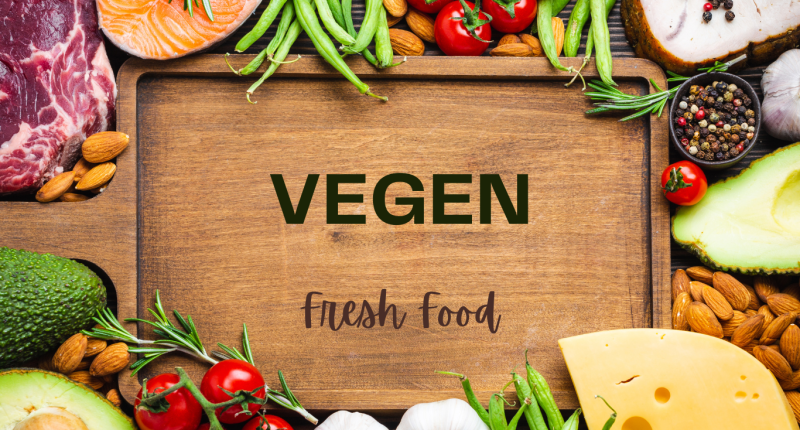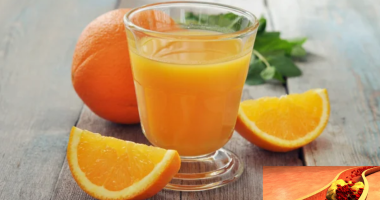Are you considering making the switch to a vegan diet lifestyle? Whether you’re doing it for your health, the animals, or the environment, there are some important things to know before taking the plunge. In this comprehensive guide, we’ll cover the top 10 things that may surprise you about going vegan. Get ready to have your eyes opened!

#1. It’s Not as Hard as You Think
Many people are hesitant to try veganism because they think it’s too difficult or restrictive. However, with the growing popularity of plant-based diets, there are more vegan options than ever before. From delicious meat and dairy alternatives to a wide variety of fruits, vegetables, grains, and legumes, you’ll have no shortage of tasty foods to enjoy.
#2. You’ll Likely Lose Weight (If You Want To)
One of the biggest benefits of going vegan is the potential for weight loss. A 2020 study found that people who followed a vegan diet lost significantly more weight than those on other diets. This is likely due to the emphasis on whole, nutrient-dense foods and the elimination of high-calorie animal products.
#3. Your Grocery Bill May Go Down
Contrary to popular belief, a vegan diet can actually be more affordable than one that includes meat and dairy. Staple foods like beans, lentils, rice, and oats are inexpensive and versatile. Plus, you’ll be cutting out the often-pricey animal products.
#4. You’ll Need to Be More Mindful of Certain Nutrients
While a well-planned vegan diet can provide all the nutrients you need, there are a few that may require extra attention. These include vitamin B12, iron, calcium, omega-3 fatty acids, and iodine. Be sure to eat plenty of fortified foods and consider taking supplements if needed.
Vegan Sources of Key Nutrients
- Vitamin B12: Fortified cereals, breads, plant milk, and meat substitutes; nutritional yeast
- Iron: Fortified breads and cereals, soybeans, dark leafy greens, beans, rice, pasta
- Calcium: Plant milk and orange juice fortified with calcium, blackstrap molasses, tofu processed with calcium or nigari, soy yogurt, collard greens, tempeh, turnip greens
- Omega-3 fatty acids: Walnuts, flaxseeds, hemp seeds, chia seeds, edamame (soybeans), seaweed, algae
#5. Dining Out Gets Easier Every Year
Gone are the days of having to settle for a sad salad when eating out as a vegan. Many restaurants now offer delicious plant-based options, and some are even entirely vegan. A quick online search can help you find the best vegan-friendly spots in your area.
#6. Your Gut Health May Improve
A vegan diet is typically high in fiber, which is essential for a healthy gut. Studies show that plant-based diets can increase the diversity of gut bacteria, which is linked to numerous health benefits. You may experience less bloating, constipation, and other digestive issues.
#7. You’ll Reduce Your Carbon Footprint
Animal agriculture is a major contributor to climate change, producing greenhouse gas emissions, deforestation, and water pollution. By going vegan, you can significantly reduce your environmental impact. One study found that a vegan diet can cut your carbon footprint in half.
#8. You May Inspire Others
When you go vegan, you’re not just making a change for yourself – you’re also making a statement. Many people are inspired by those around them who are living a compassionate lifestyle. You never know who you might encourage to try veganism or make more ethical choices.
#9. It’s Not All-or-Nothing
Don’t be discouraged if you slip up or find it challenging at times. Going vegan is a journey, and it’s okay to take it at your own pace. Even making small changes, like cutting out meat or dairy a few days a week, can make a difference.
#10. You’ll Feel Great
Perhaps the most surprising thing about going vegan is how amazing you’ll feel. With a diet rich in whole, plant-based foods, you’ll likely experience increased energy, better sleep, clearer skin, and an overall sense of well-being. Many people report feeling happier and more connected to the world around them.
The Health Benefits of a Vegan Diet

Going vegan offers a wide range of health benefits, from weight loss to reduced risk of chronic diseases. Here’s a closer look at some of the key advantages:
Weight Loss
A vegan diet can be an effective tool for weight loss. One study found that people following a vegan diet lost an average of 4.2 kg more than those on a control diet over an 18-week period. This is likely due to the emphasis on whole, low-calorie foods and the elimination of high-fat animal products.
Heart Health
Eating a diet rich in plant-based foods like whole grains, legumes, fruits, and vegetables is associated with a lower risk of heart disease and stroke. Vegans also tend to have lower blood pressure and better cholesterol levels than non-vegans.
Diabetes Prevention
Research suggests that a vegan diet may help prevent type 2 diabetes. One study found that people who followed a vegan diet had a 35% lower risk of developing the disease compared to non-vegans. The high fiber content and low saturated fat of plant-based diets may contribute to these benefits.
Cancer Risk Reduction
A growing body of research indicates that a vegan diet may offer some protection against certain types of cancer. One large study found that men following a vegan diet had a 35% lower risk of prostate cancer compared to those who ate a diet that included animal products. Another review concluded that vegans have a lower overall risk of cancer.
Reduced Inflammation
Many plant-based foods are rich in antioxidants and anti-inflammatory compounds. A 2017 study found that vegans had higher levels of antioxidant carotenoids and lower levels of inflammatory fatty acids compared to non-vegans. This may help reduce the risk of inflammatory diseases like arthritis.
Making the Transition to Veganism
If you’re ready to give veganism a try, here are some tips to make the transition a smooth one:
- Take it slow. Don’t feel like you have to go 100% vegan overnight. Start by cutting out meat or dairy a few days a week and gradually increase from there.
- Focus on whole foods. Emphasize fruits, vegetables, whole grains, legumes, nuts, and seeds. Processed vegan foods should be enjoyed in moderation.
- Learn to cook. Experiment with new recipes and cooking methods to keep things interesting. There are countless delicious vegan dishes to discover.
- Seek support. Join a local vegan meetup group or online community for recipe ideas, dining recommendations, and moral support.
- Be patient with yourself. Changing your diet is a big deal. If you slip up, don’t beat yourself up. Just get back on track and keep moving forward.
Exam Room Podcast By Physicians Committee
FAQs
Q. Is a vegan diet healthy for everyone?
A. A well-planned vegan diet can be healthy for most people, but it’s always a good idea to consult with a healthcare professional before making major dietary changes. Those with certain medical conditions or nutrient deficiencies may need to take extra precautions.
Q. How long does it take to adjust to a vegan diet?
A. The adjustment period can vary from person to person. Some people adapt quickly, while others may take several weeks or months. Be patient with yourself and focus on adding in delicious plant-based foods rather than restricting them.
Q. Can I still eat out as a vegan?
A. Absolutely! As veganism becomes more mainstream, restaurants are offering more and more plant-based options. Many chains now have dedicated vegan menus, and you can always ask about customizing dishes to fit your dietary needs.
Also Read | 10 plant-based foods with all essential amino acids (Complete proteins)








